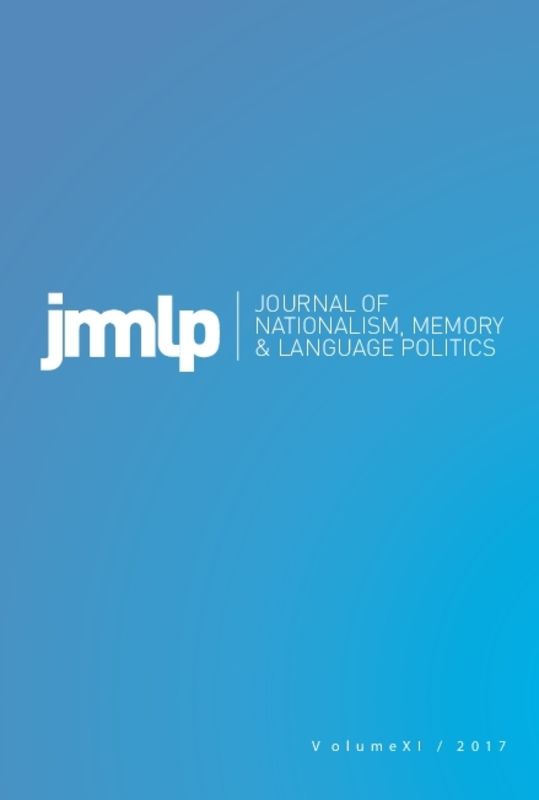The City of Solidarity’s Diverse Legacies: A Framework for Interpreting the Local Memory of the 1963 Skopje Earthquake and the Post-earthquake Urban Reconstruction
The City of Solidarity’s Diverse Legacies: A Framework for Interpreting the Local Memory of the 1963 Skopje Earthquake and the Post-earthquake Urban Reconstruction
Author(s): Naum TrajanovskiSubject(s): Local History / Microhistory
Published by: Univerzita Karlova v Praze, Fakulta sociálních věd
Keywords: Skopje; 1963 Skopje earthquake; local memory; City of Solidarity; North Macedonia; Yugoslavia;
Summary/Abstract: On July 26, 1963, a calamitous tremor struck Skopje, the capital of the Socialist Republic of Macedonia, the southernmost Yugoslav federal unit. The politically nonaligned Yugoslav government immediately issued a call for help for its thirdlargest city. The call was initially picked up by the Yugoslav republics, who were then followed by more than 80 states across the globe and a high number of international organizations, all providing help to Skopje and Skopjans in the aftermath of the catastrophe—an episode of human solidarity many contemporaries described as unprecedented. This paper aims to provide an overview of commemorative activities held in Skopje from 1964 to 2020 related to the 1963 Skopje earthquake. I aim to reconstruct both the commemorative events and commemorative narratives about the 1963 Skopje earthquake in Skopje as well as its major memory agents and agencies by triangulating archival materials, media and institutional discourses, and secondary literature. I identify and discuss three commemorative phases, 1963–81, 1981–2000, and 2001–20, and I structure the argument on the multidirectionality of the notion of solidarity in the public domain.
Journal: Journal of Nationalism, Memory & Language Politics
- Issue Year: 15/2021
- Issue No: 01
- Page Range: 30-51
- Page Count: 22
- Language: English

